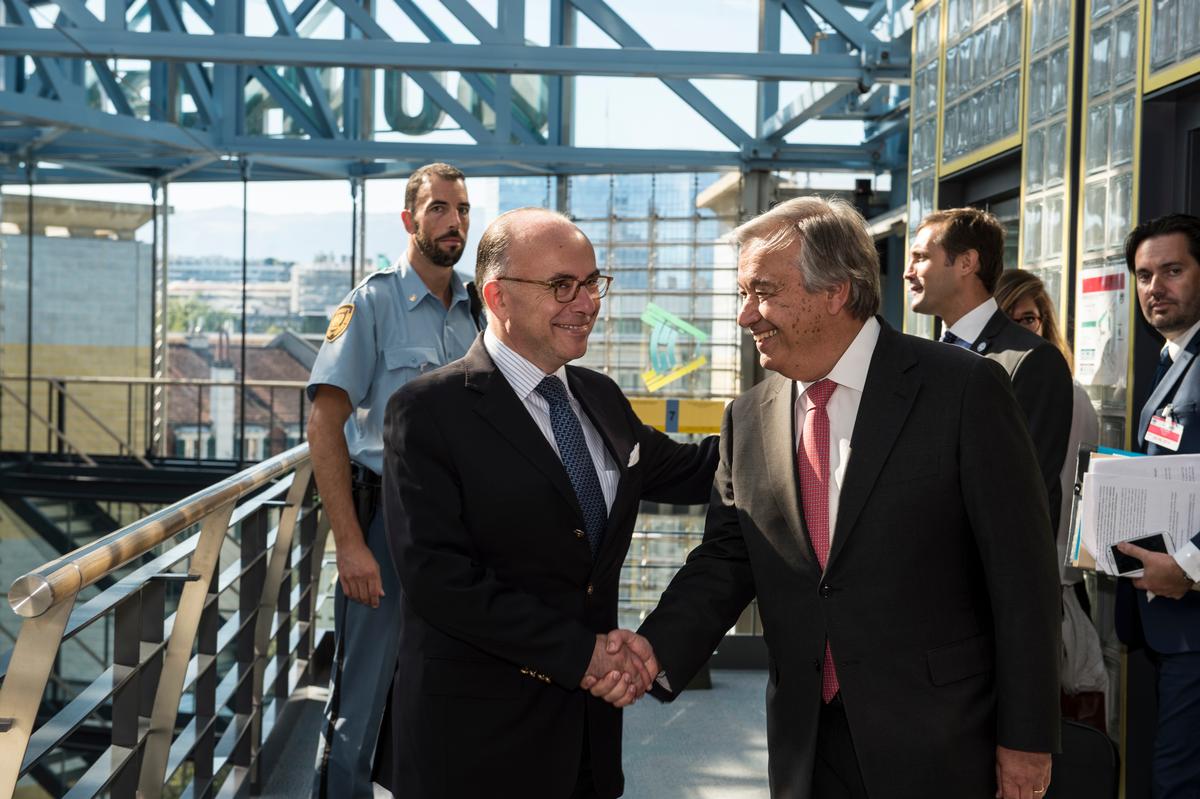Message by UN High Commissioner for Refugees António Guterres to mark World Refugee Day, 2008
Message by UN High Commissioner for Refugees António Guterres to mark World Refugee Day, 2008

The Office of the UN High Commissioner for Refugees began work in 1951 with the specific protection challenge of finding solutions for Europeans uprooted in the aftermath of World War II.
Today, the world is different and refugee protection is vastly more challenging. Old barriers to human mobility have fallen and new patterns of movement have emerged, including forms of forced displacement that were not envisaged by the '51 UN Refugee Convention.
Conflict today may be motivated by politics, but looking deeper it can also be about poverty, bad governance, climate change leading to competition for scarce resources. Recent food and fuel shortages have had an immediate and dramatic effect on the poor and the dispossessed, including refugees and the internally displaced. Extreme price increases have generated instability and conflict in many places, with the very real potential of triggering more displacement.
These new challenges make it all the more important that we find ways to address the increasingly complex root causes of displacement. And the best solution is prevention. We need to better understand what triggers displacement, why states are unable or unwilling to provide citizens with physical, material or legal security.
At the UN refugee agency, we focus on protecting the rights and well-being of refugees. This includes ensuring that those fleeing violence and persecution are given access to safety and life-saving assistance, as well as long term support during exile and eventual durable solutions for them to be able to rebuild their lives.
But our work is becoming increasingly difficult in many parts of the world. In some countries efforts to control illegal migration are failing to make a proper distinction between those who choose to move and those who are forced to flee because of persecution and violence. And all too often, we see refugees turned away at the borders of countries where they had hoped to find safety and asylum.
Now asylum and immigration issues are not always addressed in a rational, equitable or effective manner. And people in wealthy countries should be aware that most of the world's refugees are found in the developing world, and some of the largest migratory movements take place within the South. And many developing nations have shown enormous generosity in accepting refugees and deserve much more support and solidarity.
On this World Refugee Day, I would like to pay tribute to all of those who have been forcibly uprooted and to the many humanitarians who help them. Refugees show incredible courage and perseverance in overcoming enormous odds to rebuild their lives. Ensuring that they get the protection they deserve is a noble cause because refugee rights are human rights - and rights that belong to us all.
Thank you.






